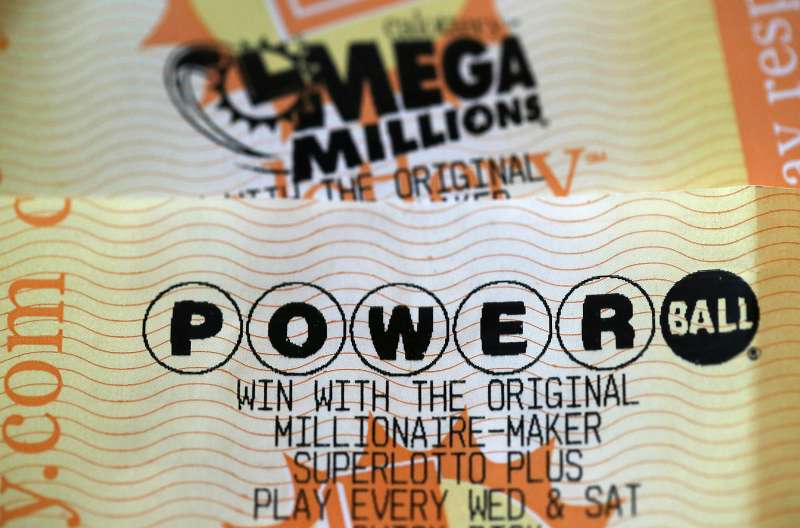The Biggest Powerball Jackpot of 2019 Is Up for Grabs Right Now. Here's Where to Play and When to Buy Tickets

There was no big winner when the most recent Powerball numbers were picked. That means that the Powerball jackpot rolls over and gets even bigger: Right now the estimated Powerball jackpot, set for a drawing on Saturday, March 23, has soared up to a whopping $625 million.
Saturday's Powerball jackpot is the biggest of 2019 so far. In fact, every Powerball jackpot has potentially been the year's biggest grand prize, because it has gotten bigger and bigger with the arrival of each new Powerball drawing. The last time someone had all of the Powerball winning numbers and claimed the grand prize was December 26, 2018, when the jackpot was $298 million. Since then, the Powerball jackpot has grown with every new drawing.
Meanwhile, the biggest Mega Millions jackpot so far in 2019 was the $437 million grand prize for the drawing on January 1. So, while we're admittedly still not even one-quarter of the way through 2019, the current $625 million Powerball jackpot is the biggest lottery grand prize we've seen this year.
At $625 million, Saturday's drawing would be the fourth highest Powerball jackpot ever, following grand prizes of roughly $687 million in October 2018, $758 million (August 2017), and $1.586 billion (January 2016). Here's everything you need to know about buying tickets and winning Powerball.
When Is the Next Powerball Drawing?
The next Powerball drawing is Saturday, March 23, at 10:59 p.m. ET. You can watch the Powerball drawing live on many nightly news programs, or find out the winning numbers soon after the drawing at sites like powerball.com or lottery.net.
For what it's worth, the winning numbers for the most recent Powerball drawing, on Wednesday, March 20, were 10, 14, 50, 53, 63, and 21.
What Is the Deadline to Buy Powerball Tickets?
You can play Powerball in 44 states, plus Washington, D.C., Puerto Rico, and the U.S. Virgin Islands. Each ticket costs $2, and players pick five numbers between 1 and 69, and then one additional number between 1 and 26 for the red Powerball.
The deadline to buy Powerball tickets varies by state, but in most cases the Powerball cutoff time is somewhere between one and two hours before a Powerball drawing. Here are the state-by-state deadlines to buy Mega Millions tickets, which roughly correlate to the cutoff times for buying Powerball tickets around the country.
To be sure you aren't missing out on the chance to buy a winning Powerball ticket for the $625 million jackpot, check your state lottery's website for local deadlines.
What Are the Odds of Winning Powerball?
The odds of winning the Powerball jackpot, no matter if it's $100 million, $625 million, or over $1 billion, are always 1 in 292 million.
Mind you, there are many ways to win in Powerball without hitting the jackpot. For example, if you pick five winning Powerball numbers but don't have the correct number for the red Powerball, the prize is $1 million. The odds of winning that are 1 in 11.7 million.
Should a Powerball Winner Take the Lump Sum or Annual Payments?
No one wins the full lottery prizes mentioned above. Lottery winners have to pay federal taxes (and state taxes as well, where applicable), and then there's the question of whether to take the one-time lump sum or annual payments over the course of 30 years.
Our advice at Money is generally that it's smarter to take the lump sum — which, for the current $625 million Powerball jackpot, would come to about $380 million (before taxes).
So, as long as you don't blow all of the lottery winnings quickly, choosing the lump sum makes sense because (obviously) it's nice to have all of that money upfront, and also because if you invest a large portion of the winnings you can wind up with more money overall compared to receiving annual payments over three decades.
